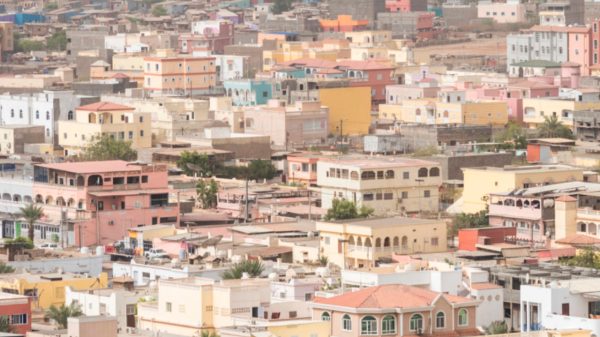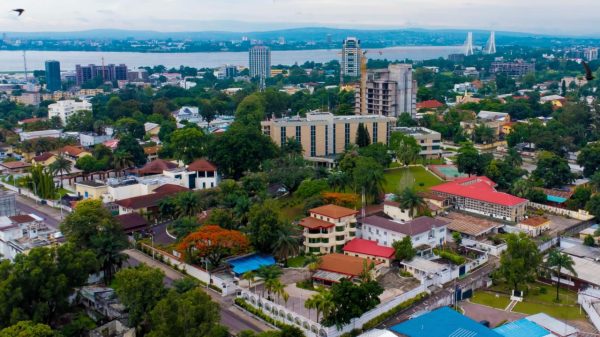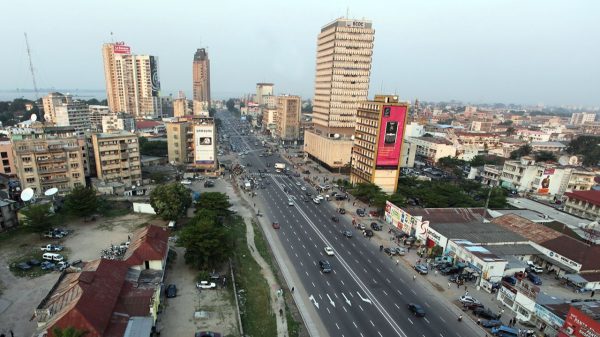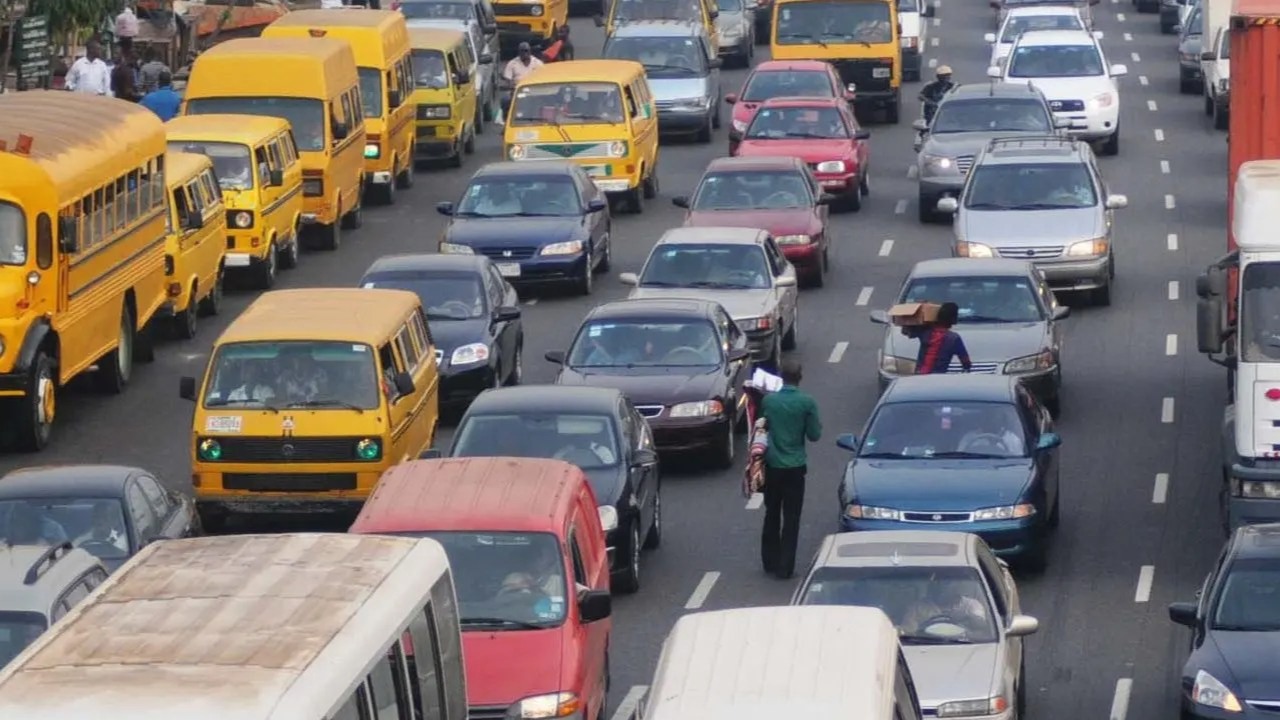Nigeria’s urban transportation landscape is diverse, offering a range of options to meet the varying needs of commuters.
The three primary modes of transportation are Bolt (a ride-hailing platform), traditional taxis, and Okada (motorcycle taxis). Each option has its unique advantages and disadvantages, influenced by factors such as cost, convenience, safety, and speed. This analysis provides a detailed comparison of these transportation modes to help commuters make informed decisions based on their specific needs.
Overview of Bolt in Nigeria
Operational Model and Geographical Reach:
Bolt has established itself as a leading ride-hailing platform in Nigeria, operating in over 30 cities, including Lagos, Abuja, Port Harcourt, and Kano. The company expanded rapidly after its launch in September 2020, growing from 11 to 21 cities within three months. Bolt’s widespread availability reflects its ambition to serve a large segment of the Nigerian population.
Pricing Mechanisms:
Bolt employs a dynamic pricing model that includes:
– A base fare.
– Charges per kilometre and per minute.
– Surge pricing during high demand.
– Additional fees like airport surcharges and booking fees (ranging from 2% to 5% of the total fare).
For example, in Lagos (as of June 2023), the base fare is NGN 527, with NGN 130 per kilometer and NGN 23.3 per minute. Bolt also introduced a bidding system, allowing riders to propose fares, which drivers can accept, decline, or counter. This system aims to provide flexibility and address driver concerns about fixed fares.
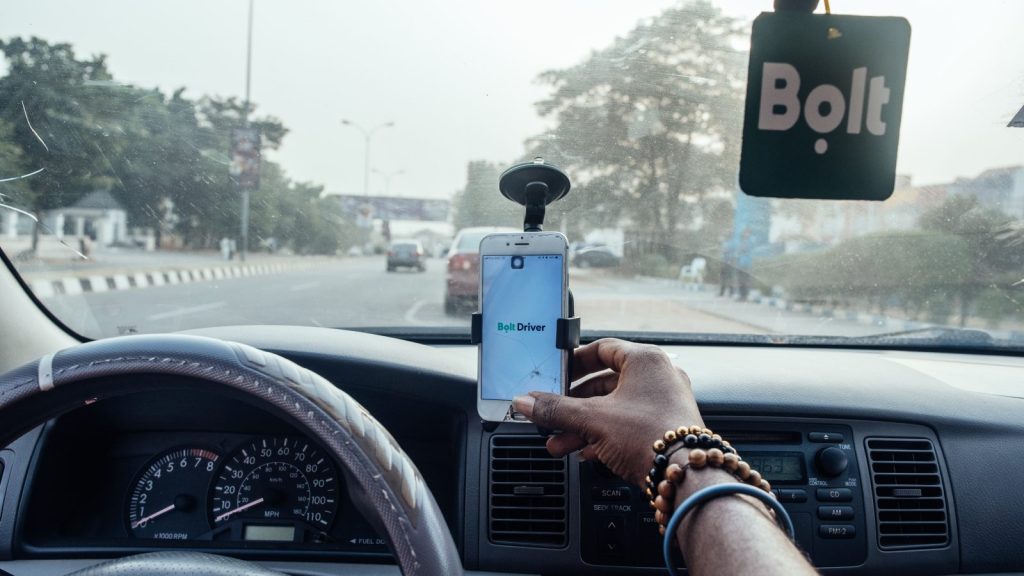
Service Features:
– Safety Features: Bolt offers GPS tracking, driver verification, real-time location sharing, and an emergency assist button.
– Insurance: Bolt provides free insurance coverage for passengers and drivers through its “Bolt Trip Protection” program, covering medical expenses, disability, and accidental death.
– Driver Benefits: Top-performing drivers have access to health insurance (“Flexicare”) and rewards programs, including fuel discounts and performance-based incentives.
Advantages:
1. Ease of Use: The app-based platform simplifies booking, payment, and tracking.
2. Transparent Pricing: Fare estimates and upfront pricing reduce uncertainty.
3. Enhanced Safety: GPS tracking, driver verification, and insurance provide added security.
4. Modern Fleet: Vehicles are generally newer and better maintained.
Disadvantages:
1. Surge Pricing: Fares are significantly higher compared to other options, and can surge even higher during peak hours or high demand.
2. Driver Availability: Limited availability in less urbanized areas can lead to longer wait times or cancellations. Sometimes these areas don’t have coverage at all.
3. Technical Glitches: Occasional app issues may disrupt the user experience.
4. Variable Vehicle Quality: Some riders report encountering older or poorly maintained vehicles.
Overview of Traditional Taxis in Nigeria
Availability and Operational Aspects:
Traditional taxis are a common sight in Nigerian cities, often hailed from the street or found at designated taxi stands. However, the industry is in decline due to rising operational costs, vehicle deterioration, and competition from ride-hailing apps like Bolt.
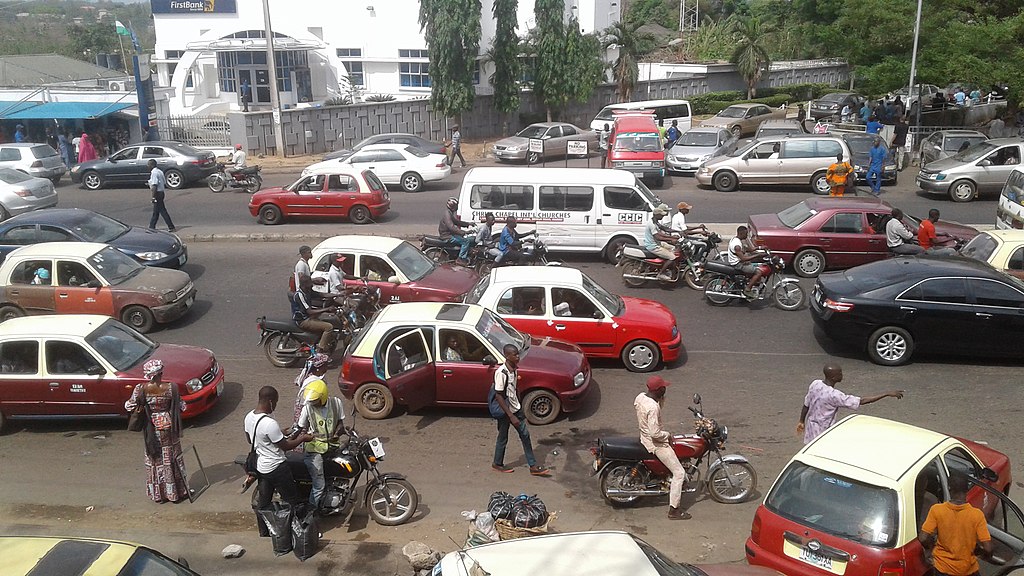
Fare Negotiation:
Fares are typically negotiated between the passenger and driver, which can lead to price inconsistencies and potential overcharging, especially for unfamiliar passengers.
Condition and Safety:
– Vehicle Condition: Many taxis are poorly maintained due to high upkeep costs.
– Safety Concerns: Traditional taxis often lack insurance, and incidents of robbery and assault have been reported.
Advantages:
1. Widespread Availability: Taxis are readily accessible in urban centers and even less urbanized areas.
2. Local Expertise: Drivers often know local routes and shortcuts.
3. Flexible Payment: Cash payments are convenient in areas with limited digital payment infrastructure.
Disadvantages:
1. Inconsistent Service Quality: Vehicle conditions and driver behavior vary widely.
2. Fare Negotiations: Lack of transparent pricing can lead to disputes.
3. Limited Safety Measures: The absence of GPS tracking and digital accountability increases risks.
Overview of Okada (Motorcycle Taxis) in Nigeria
Prevalence and Accessibility:
Okada is a popular mode of transportation, especially in urban areas with heavy traffic and just about everywhere else. They are highly accessible, and capable of navigating narrow roads and rough terrains. However, safety concerns have led to bans in cities like Lagos.
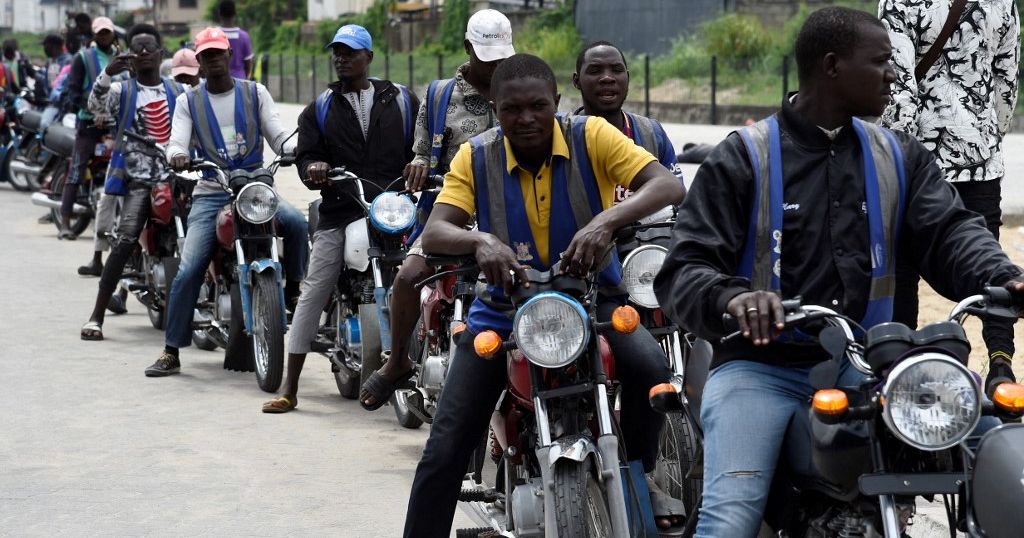
Cost:
Fares are negotiated and can be economical for short distances. However, prices vary significantly by location and have shown a long-term upward trend due to rising fuel costs.
Safety and User Experience:
– Safety Risks: Okada has high accident rates due to reckless driving, lack of training, and non-compliance with traffic regulations.
– User Experience: While fast and convenient, Okada offers minimal comfort and is weather-dependent.
Advantages:
1. Speed and Agility: Okada can navigate through traffic quickly.
2. Cost-Effectiveness: Generally cheaper for short trips.
3. Accessibility: Can reach areas inaccessible to larger vehicles.
4. Availability: Okadas are available in every part of the country.
Disadvantages:
1. Safety Risks: High accident rates and lack of passenger insurance.
2. Regulatory Issues: Bans and restrictions in some cities limit availability.
3. Weather Dependency: Less appealing in adverse weather conditions.
Comparison Between Bolt, traditional taxis, and Okada
When comparing Bolt, traditional taxis, and Okada, several key factors emerge:
1. Cost: Bolt offers transparent pricing but can be expensive during surge periods. Traditional taxis rely on negotiated fares, which can lead to inconsistencies, while Okada is generally the cheapest option for short distances but lacks price predictability.
2. Convenience: Bolt’s app-based platform provides seamless booking and real-time tracking, making it highly convenient. Traditional taxis are readily available in urban areas but lack digital features. Okada excels in navigating traffic and accessing hard-to-reach areas but is less comfortable and weather-dependent.
3. Speed: Okada is the fastest option in heavy traffic, while Bolt and traditional taxis are slower due to their susceptibility to traffic congestion.
4. Safety: Bolt stands out with its comprehensive safety features, including GPS tracking, driver verification, and insurance. Traditional taxis pose higher safety risks due to poor vehicle conditions and lack of accountability. Okada is the least safe, with high accident rates and minimal safety measures.
5. User Experience: Bolt provides a technologically advanced and consistent experience, while traditional taxis offer a more variable experience dependent on the driver and vehicle. Okada is fast and economical but lacks comfort and safety.
Factors Influencing Choice
The choice between Bolt, traditional taxis, and Okada depends on:
1. Distance and Duration: Okada is ideal for short, quick trips, while Bolt or taxis are better for longer journeys.
2. Budget: Okada is the most economical, but Bolt offers better value for safety and convenience.
3. Safety: Bolt is the safest option, while Okada poses significant risks.
4. Convenience: Bolt provides seamless booking and tracking, while Okada excels in navigating traffic.
5. Local Regulations: Okada may be restricted in some areas, while Bolt’s availability depends on driver supply.
Recommendations
– For Speed and Short Distances: Use Okada but prioritize safety by wearing a helmet and inspecting the motorcycle.
– For Safety and Comfort: Choose Bolt, especially for longer trips or when carrying luggage.
– For Immediate Availability: Traditional taxis and Okadas are a viable option, but negotiate fares beforehand and ensure the vehicle is in good condition.
Navigating Nigeria’s urban transportation landscape requires a careful balance of cost, convenience, speed, and safety. Bolt emerges as the most technologically advanced and secure option, offering a modern, app-based experience with transparent pricing and comprehensive safety features. However, its reliance on surge pricing and occasional technical glitches can be drawbacks. Traditional taxis, while familiar and immediately available, suffer from inconsistent service quality, safety concerns, and the inconvenience of fare negotiation. Okada, on the other hand, provides unmatched speed and affordability for short distances but comes with significant safety risks and regulatory challenges.
Ultimately, the “best” mode of transportation depends on individual priorities and circumstances. For those prioritizing safety and comfort, Bolt is the recommended choice. For quick, short trips in congested areas, Okada may be the most efficient option, provided safety precautions are taken. Traditional taxis remain a fallback for immediate availability but require vigilance regarding fare negotiation and vehicle condition.
As Nigeria’s transportation ecosystem continues to evolve, the integration of technology and improved safety measures will likely shape the future of urban mobility. Commuters are encouraged to weigh the advantages and disadvantages of each option carefully, ensuring that their chosen mode of transportation aligns with their specific needs and priorities.
Subscribe to our Newsletter
Stay updated with the latest trends in African Pop Culture!














